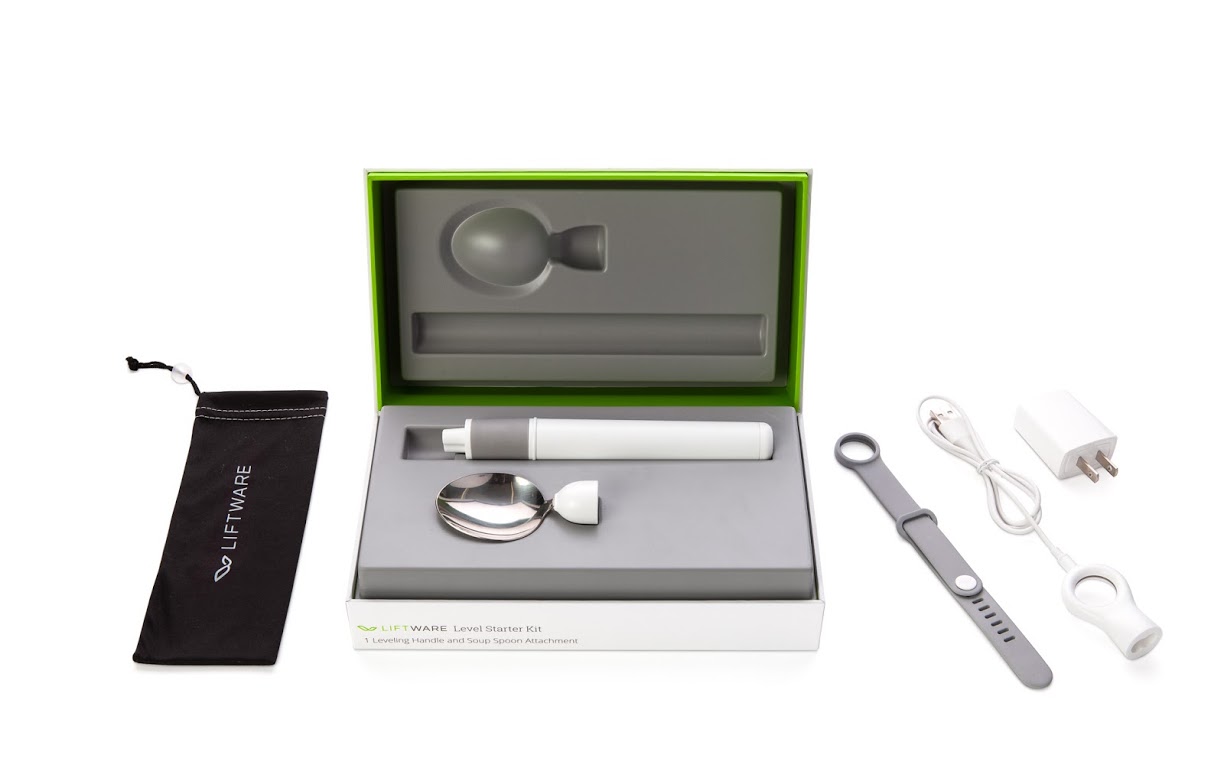Verily’s ‘smart spoon’ combats Parkinson’s tremors

Google’s life sciences arm Verily has unveiled its latest venture into the healthcare world: a ‘smart utensil’ capable of compensating for uncontrollable movements associated with neurodegenerative diseases.
Liftware Level recognises uncontrollable and unsteady hand movements and automatically compensates, allowing people with tremors associated with diseases like Parkinson’s and Huntington’s to eat without spilling their food.
It does so through a network of advanced motion sensors, motors and an onboard computer which keeps the utensil and its contents level at all times, making use of a joint just above the head of the utensil.
The joint itself works in a 360-degree range of motion - for example, the user can hold the utensil upright and the head of the utensil will remain level.
Anupam Pathak, creator of the device and now technical lead at Verily. “For eating, we’ve programmed it to stay totally level to allow the user to scoop food. But in the future, we could have it maintain basically any kind of position … We’re interested in developing attachments for other activities. If you had an impairment in your hands or arms, you could imagine the things you couldn’t do. We’re getting feedback from users, and we’re prioritising and going after things that are really important.”
The Liftware Level has emerged from Google’s X division – Verily’s semi-secret research and development arm responsible for its more adventurous projects, such as Google Glass and its driverless cars.
Google acquired Liftware and integrated it into its X division in 2014 just prior to revealing its plans to create a division dedicated to combating long-term conditions including Parkinson’s, cancer and diabetes.
As part of the launch of Level, both the Huntington’s Disease Society of America and Teva Pharmaceuticals have donated 1,000 Liftware Level Starter Kits to those that could benefit from the device.












